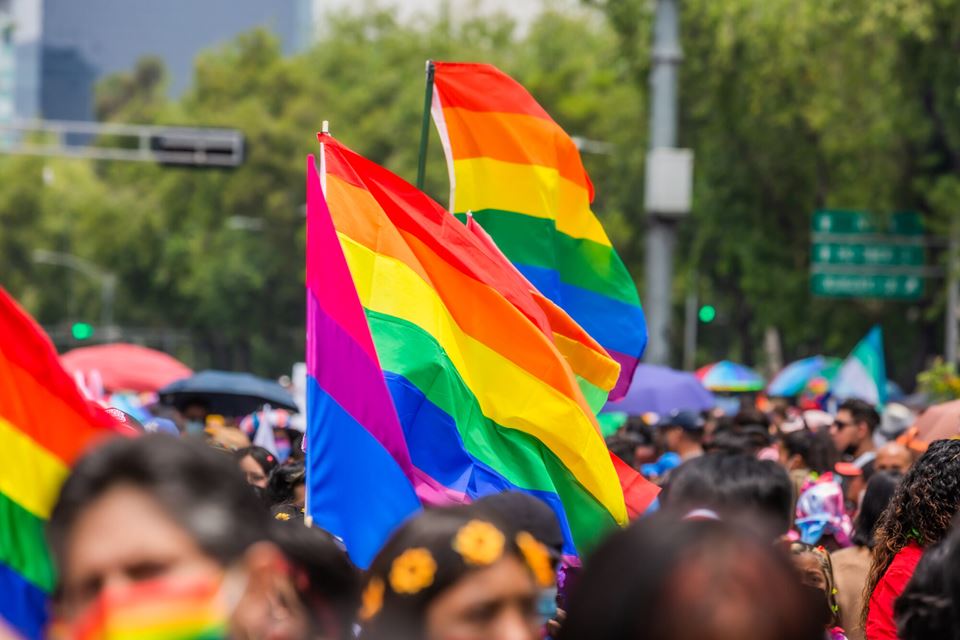The political circumstances in the world have placed minorities under increased pressure. In Norway, we are proud to be one of the most just and equal societies in the world. But what is the situation really?
SINTEF researchers Kari Sand and Roshan das Nair recently published a study that explores minority stress in Norway.
They found that many people felt invisible, made invisible or hypervisible in a stressful way.
Different minoritys
The researchers interviewed ten people who represented different minority identities: sexual, gender and ethnic minorities, indigenous peoples, refugees and asylum seekers. Some of the participants had a dual minority identity, for example ethnic minority and homosexual.
The participants in the study reported experiencing minority stress in many contexts, especially in their encounters with the health care system, but also at work, school and even on the street. A main finding of the study is that some individuals experience being a very visible minority, whereas others experience being invisible or being made invisible and ignored, says das Nair.
These are not isolated incidents. They are examples of things that many people experience all the time, and the sum total of such negative events is what leads to minority stress.
The participants gave several examples. One of them was a same-sex couple who reacted to the use of the term “mom and dad” in a letter from their child’s school. Their experience was that their family was non-existent. Another informant with African appearance told about fellow students who had no expectations of him.
“His interpretation was that his fellow students believed that people from African countries hadn’t gone to school and therefore couldn’t participate to the same extent,” says das Nair.
“These are not isolated incidents. They are examples of things that many people experience all the time, and the sum total of such negative events is what leads to minority stress,” Sand says.
Long term consequences
This is one of the first large studies on minority stress in Norway. The results have several similarities with previous studies, for example from the USA and the UK.
Because of the minority stress, several of our informants choose to hide their minority identity. This can have negative consequences in the long term, such as depression and suicidal thoughts.
“We shouldn’t think that Norway is better than other countries when it comes to equality, discrimination or racism. The experience of minority stress can be just as strong here,” Sand says.
“Because of the minority stress, several of our informants choose to hide their minority identity. This can have negative consequences in the long term, such as depression and suicidal thoughts,” says Sand.
“People who work in the public sector or provide services to the public needs to understand their responsibility. We have to safeguard laws and rights that are intended to protect minorities so that they are not violated, which is now happening in other places in the world,” Sand warns.


